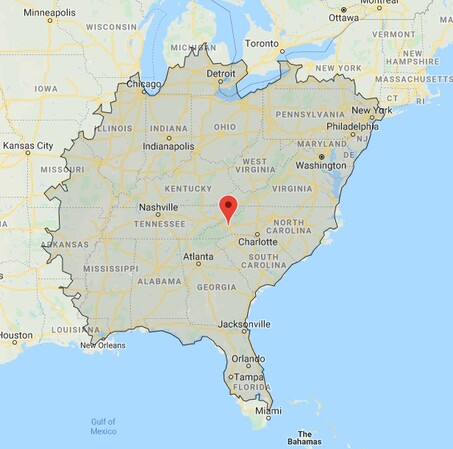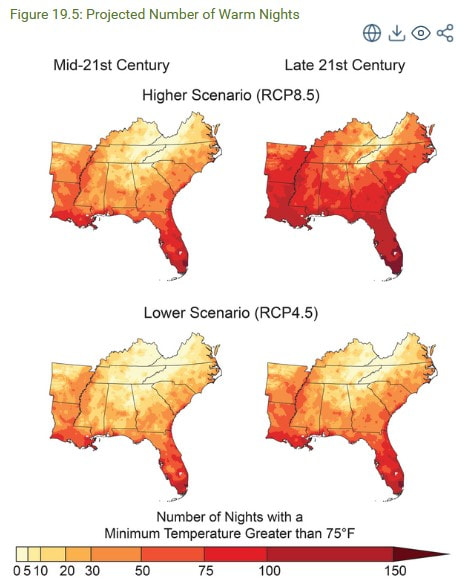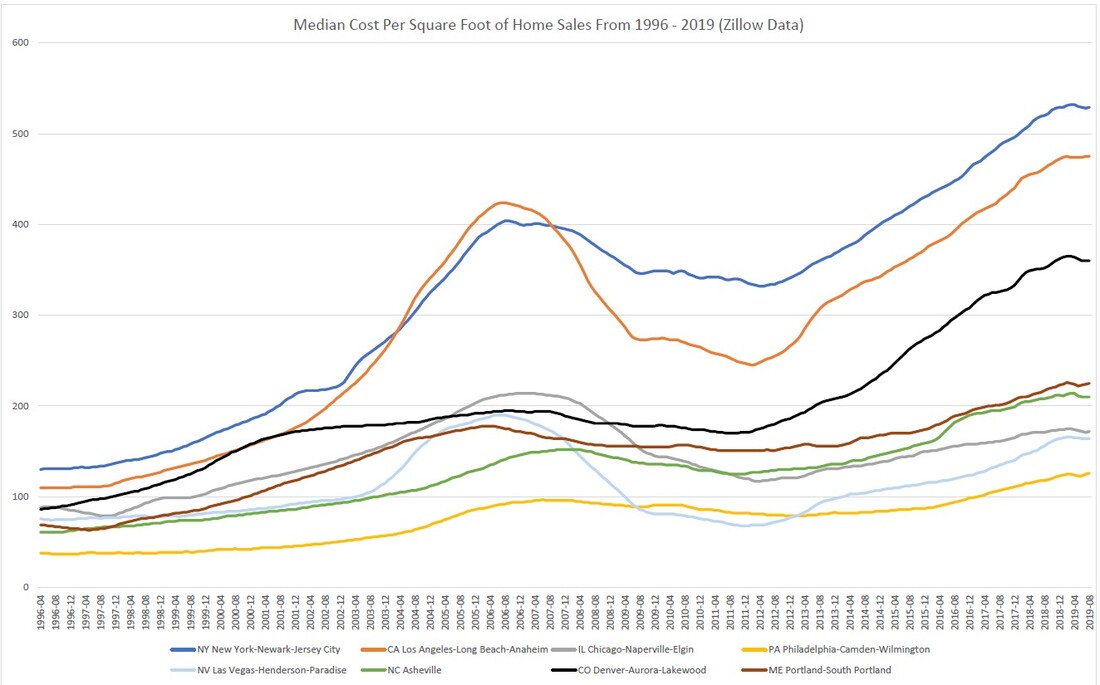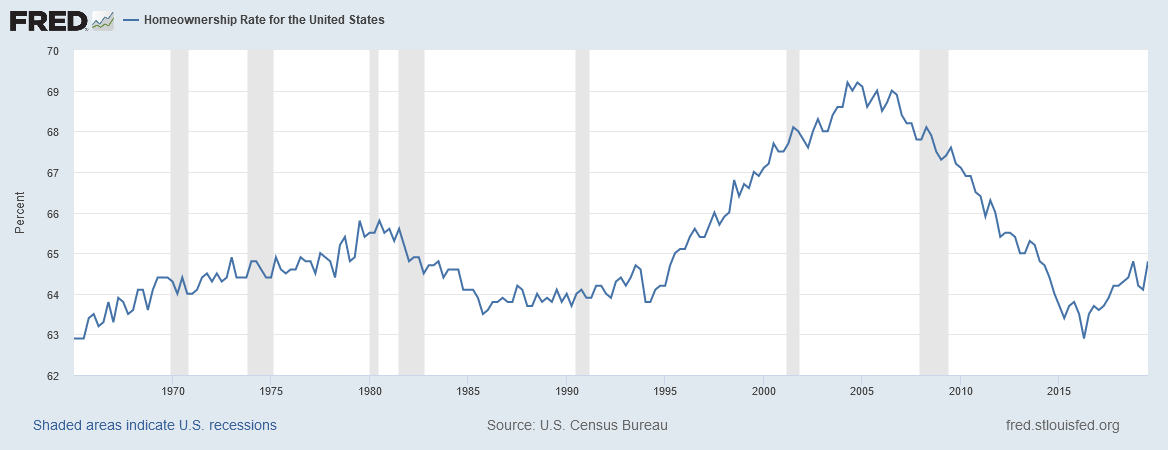|
With the pending arrival of a second child, a friend recently stated interest in relocating from NYC to a variety of metro areas, one of which was Asheville. I moved to western NC in 2002 and Asheville in 2008 and am amazed at how long the area has been popular. It seems like every year, we top another travel list - from Lonely Planet's top U.S. destination of the year in 2017 to the latest installation of the New York Times' perfect 36 hours here (2007, 2010, 2016). I shouldn't be so surprised though - the Vanderbilts weren't the first, but certainly were among the most influential Yankees to move here. Make no mistake: I am not complaining. I moved here too and wouldn't have been able to stay if it weren't for the outdoor and camp industries. I am a summer camp kid who never left and worked in tourism for over 5 years here as a kayak instructor and raft guide at the Nantahala Outdoor Center, but I expected the recent popularity of this southern gem to decline. It clearly hasn't and I have spent time thinking about why. Following are my thoughts on why Asheville has remained popular from the perspective of a biologist and geographer: proximity, climate, the housing market, and quality of life. The first ingredient in the recipe for municipal popularity is proximity. People must be able to reach you, otherwise Joseph, OR would be more popular than Asheville (don't tell anyone I told you - Joseph is Portland, Oregon's secret vacay spot). Asheville, on the other hand, is about a days drive from just about anywhere in the eastern US. The map below shows the catchment area for an 11 hour drive time from Asheville, which includes Chicago, New Orleans, the NYC metro area and south nearly to Miami. And if it is mountains you seek (perhaps for a break from the heat), we are the closest mountains for a large portion of the area. Map made very quickly using https://www.marketmaps.com/drive-time-area-maps/ The second ingredient in making amazing vacation-town pie is nice weather and climate. The winters here aren't too bad compared to the northeast and midwest and in the summer, Asheville has a 2,200 ft. advantage in elevation over the beach, making the nights here relatively cool. Global warming is still happening up here, but we will be afforded a bit of a cushion in several climate change related areas, notably, nighttime temperatures. The figures below, from the National Climate Assessment, shows how much less our area will be impacted by rising nighttime temperatures. Other areas where we have an advantage include lower daytime temperatures and reduced mosquito habitat. Check out your area in the climate document linked above - there is a summary chapter on each region of the US and the figures are excellent. The third reason people are still moving to Asheville is the real estate market. For those of you who live in Asheville or anywhere in western NC, you might be thinking, "Prices have gone up sooooo much! Why would anyone move here for the real estate market?" I am one of those people, but a quick glance at the national real estate data makes me realize I have had my blinders on. Thanks, Zillow! Zillow uses sales data and other public records to estimate the value of homes and makes a surprisingly large amount of data available on their website. I chose to look at cost per square foot for sales data in multiple metropolitan areas to see how Asheville stacked up. While square footage of any house has some error associated with it and their Zestimate formula is proprietary, they have been improving their calculations in creative ways - including a $1 million contest. The data are found at the bottom of the Zillow homepage by clicking Research then Data. Or you can click here. The graph below shows median cost per square foot of home sales from 1996 to about September of 2019. Each city has a unique shape and trajectory for its housing cost curve. Cities peaked at different times and bottomed out at slightly different times. Some have recovered, while others have not. NYC and LA are the blue and orange ones at the top and clearly much more expensive than the other metro areas. Chicago in grey hasn't recovered from the recession, nor has Las Vegas in light blue. Denver (black) has had a meteoric ascent and Asheville (green) took a small hit in the recession, but has easily surpassed the 2007 bubble. What sticks out the most to me though is how much cheaper Asheville still is compared to other cities shown. It's no surprise we have been getting folks moving from more expensive housing markets.
Lastly, and perhaps most importantly, quality of life here is excellent, but don't take my word for it. In his 2013 book Happy City, Charles Montgomery argues that streetcar suburbs offer the best of urban living, and although he didn't mention Asheville by name, he accurately describes myriad benefits of Asheville's largest streetcar suburb, West Asheville. West Asheville has received an influx of new folks yet still is one of the most affordable zip codes. The luxuries include yards big enough for gardening, a grid-based street network with enough alternate routes to repel traffic jams, urban density high enough to support quality restaurants and bars, urban density low enough to still make the real estate somewhat affordable, and on and on. Asheville excels in the restaurants and bar areas catching the eye of Bon Appetit for doughnuts and collards. And I am not even going to talk about beer. The first two factors - location of the city and the climate - won't change anytime soon. But the real estate market is changing daily and if you are looking to move here, it looks like the housing market is cooling off nationally. I threw in the national home ownership rate from the St. Louis Fed. at the bottom, just for good measure. Assuming you can move here before the economy tanks and half of the restaurants close and with low interest rates, it's a good time to get into any market. That's if your employment is stable and if there isn't another housing bubble. Sigh... Please let me know your thoughts! |
etc.Of interest to me and hopefully at least one other person Archives
October 2019
Categories
All
|




 RSS Feed
RSS Feed
